Technology use is the bane of many parents. Recently there have been daily conflicting articles about the dangers of technology use.
A long awaited piece of conclusive scientific research was finally released by the Royal College of Paediatrics and Child Health (RCPCH) about the health impacts of screen time.
What was unveiled was of no real surprise to me but nonetheless, it is good to have some real data to reference. In summary, there is no scientific evidence that damage is done from screen use.
The study also stated that it would not endorse specific guidelines for parents, but rather feels that this is a personal decision and parents need to use their judgement wisely. We all know how this “judgement” can vastly differ, with some parents giving cell phones to children as young as six and other preferring to wait until middle school.
The majority of parents navigate this area using common sense in combination with the many resources and applications out there (such as Apple’s screentime app) that can help make their parenting choices much easier.
There are the obvious good practices such as removing screens at least one hour before bed, no screens at meal times and don’t replace activities and being outdoors with screens. It was also unsurprising that there is conclusive evidence that mental health problems are worse (especially in girls) in children that are using social media excessively.
The other article by Anthony Walker in The Times, is a parent of three teens and works in the tech space. He interviewed 100 parent tech leaders whose jobs spanned the business, creative and technical industries.
Their message? he states. The future in technology holds enormous opportunity but we need a radically different education system to unlock it.
People working in the tech industry, the most rapidly growing job sector in the world, have been saying this repeatedly for many years. Whilst the education system keeps relying on rote based examinations, students who are creatively exploring programming, user experience and design thinking are being offered jobs even before leaving school, often forsaking college/university.
I am not uncritical about technology and have the same struggles, concerns and frustrations as most parents. However, I believe in the power of creativity, universality and equality that technology can bring us. I believe in offering children opportunities to make, design and explore, using core skills they can later transfer to future workspaces.
Anthony continues to say that 73% parents interviewed, felt their child’s school curriculum did not place sufficient emphasis on the right kind of skills.
There is often confusion regarding “screentime” with all screens being thrown together into the “bad” corner. However, screen experiences vastly differ – think of the difference between answering your emails, writing a detailed report and playing an online game. When your children use screens for learning or creating a virtual world, they are accessing vastly different skills and brainpower than when they scroll mindlessly through endless social media posts.
Your child creating a brilliant, complex video to explain a high-level concept will be empowered, totally engaged and as a result will experience a deep, meaningful learning experience.
Creating a game about a difficult concept (such as one of the 7000 we have on www.JiTap.net) will result in the game creator knowing and remembering that content, whilst having an authentic reason to engage with the subject matter, learning essential skills that can transfer to a future job market.
The rise of artificial intelligence (AI) means the job market is radically going to change in the next decade. Creativity, collaboration, communication and critical thinking skills are already becoming the most sought after qualities in a candidate, skills a computer can never really replace. These far outweigh the ability to memorise vast amounts of text or do complex equations.
So central is this to the future of our schools, that Ji, together with CIJE – two leaders in the field of Jewish STEM learning, are proud to be hosting the Dream Lab in partnership with Prizmah at their 2019 Atlanta conference. A range of innovators in their field have been brought together to inspire leaders to make the changes needed to ensure we are really serving the needs of our future generations.
Walking the technology tightrope is tricky. We need balance, to take slow, careful and measured steps, model our techniques to our children and we will get to the other side in one piece.






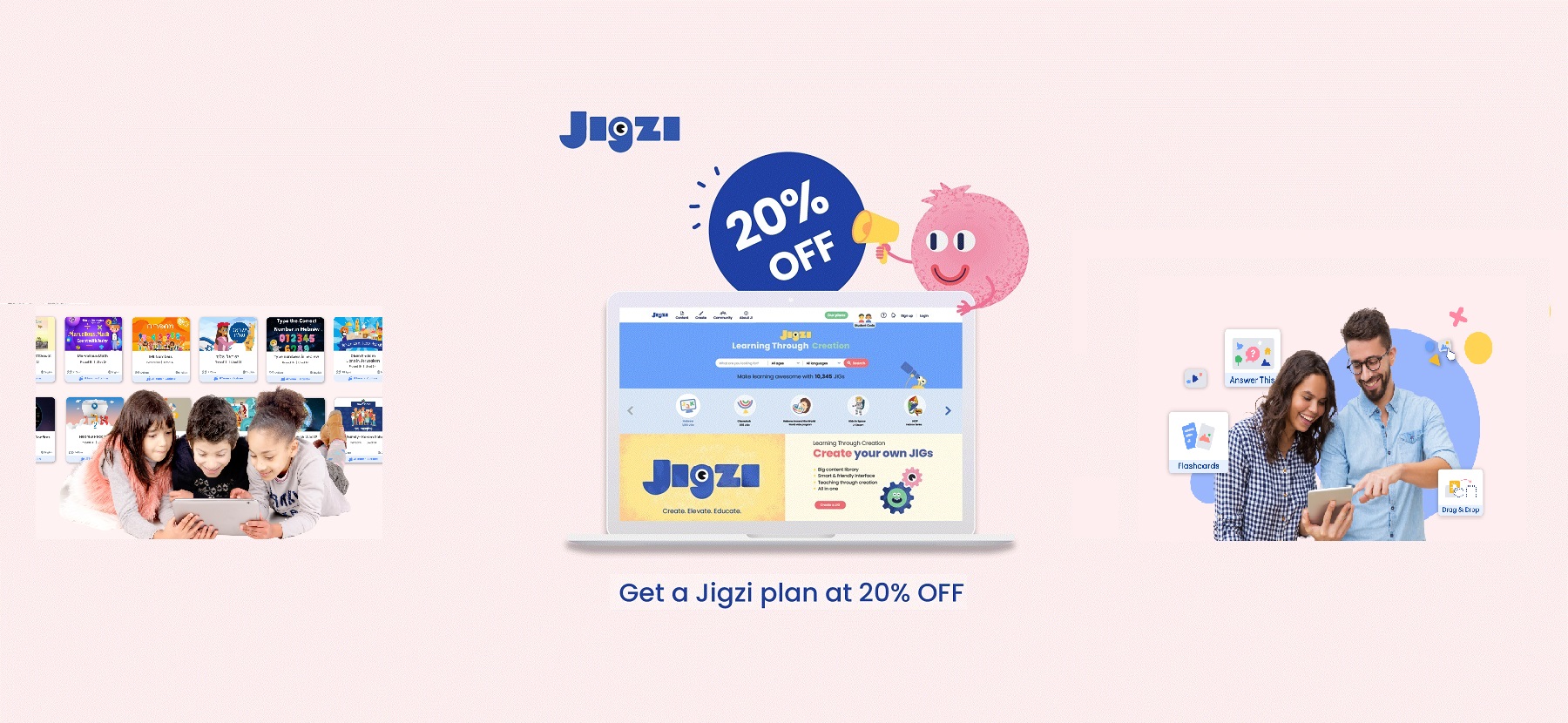
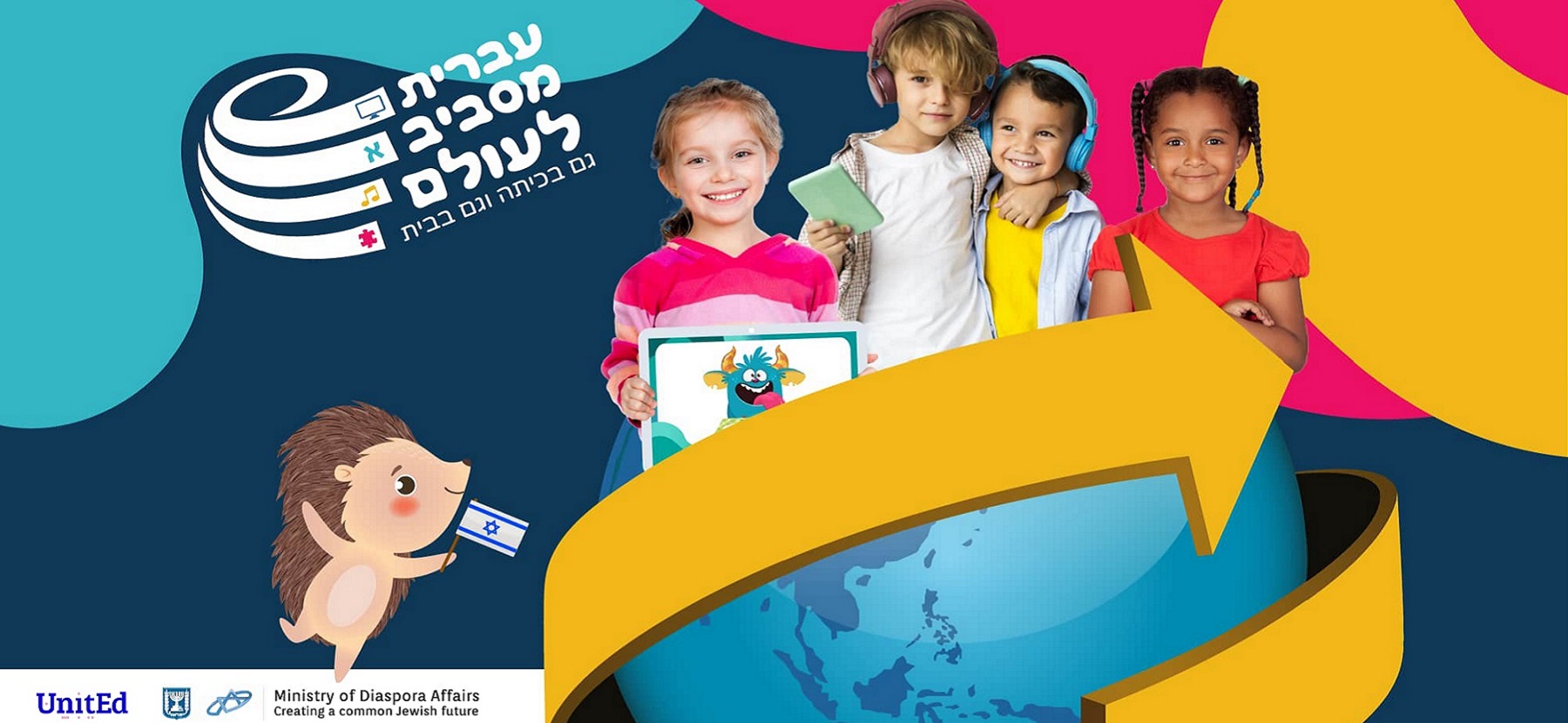
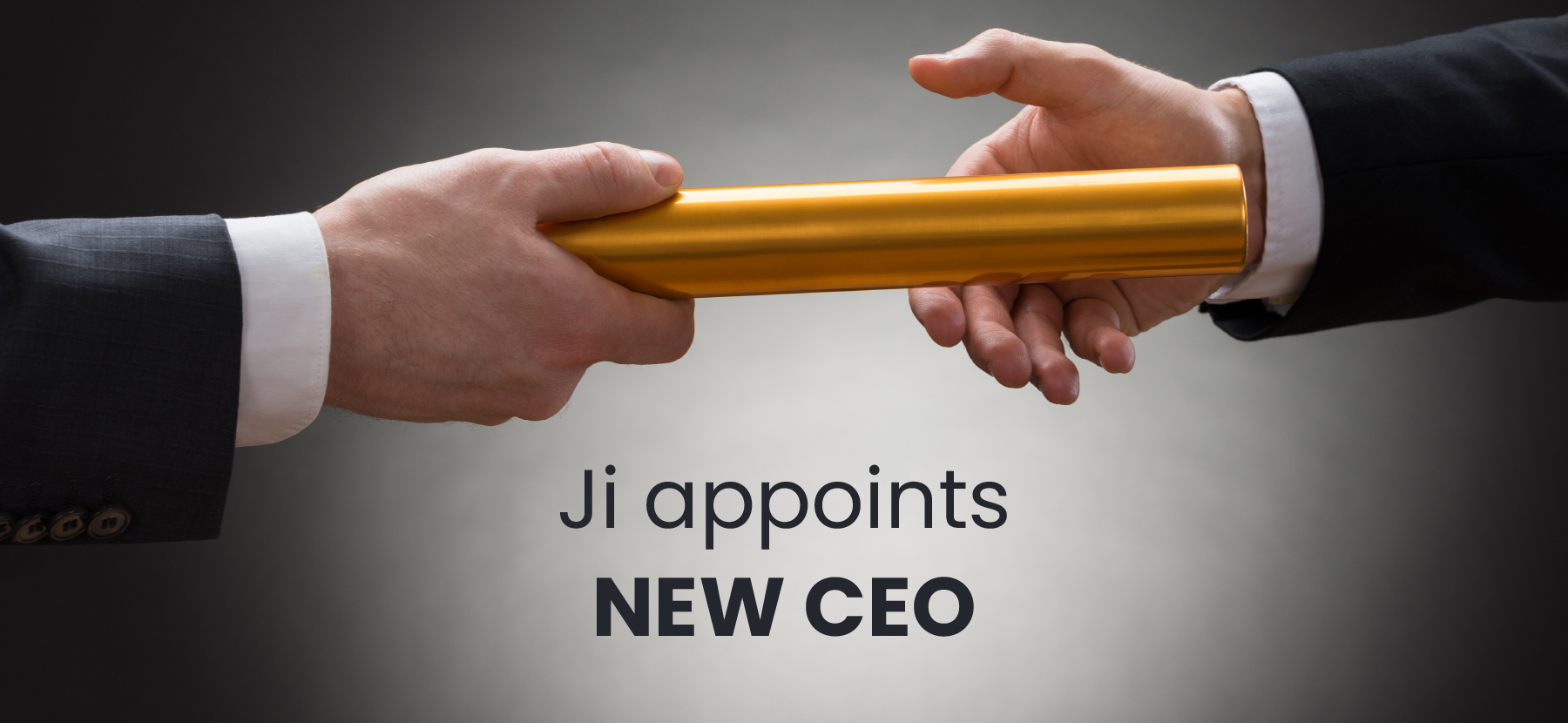
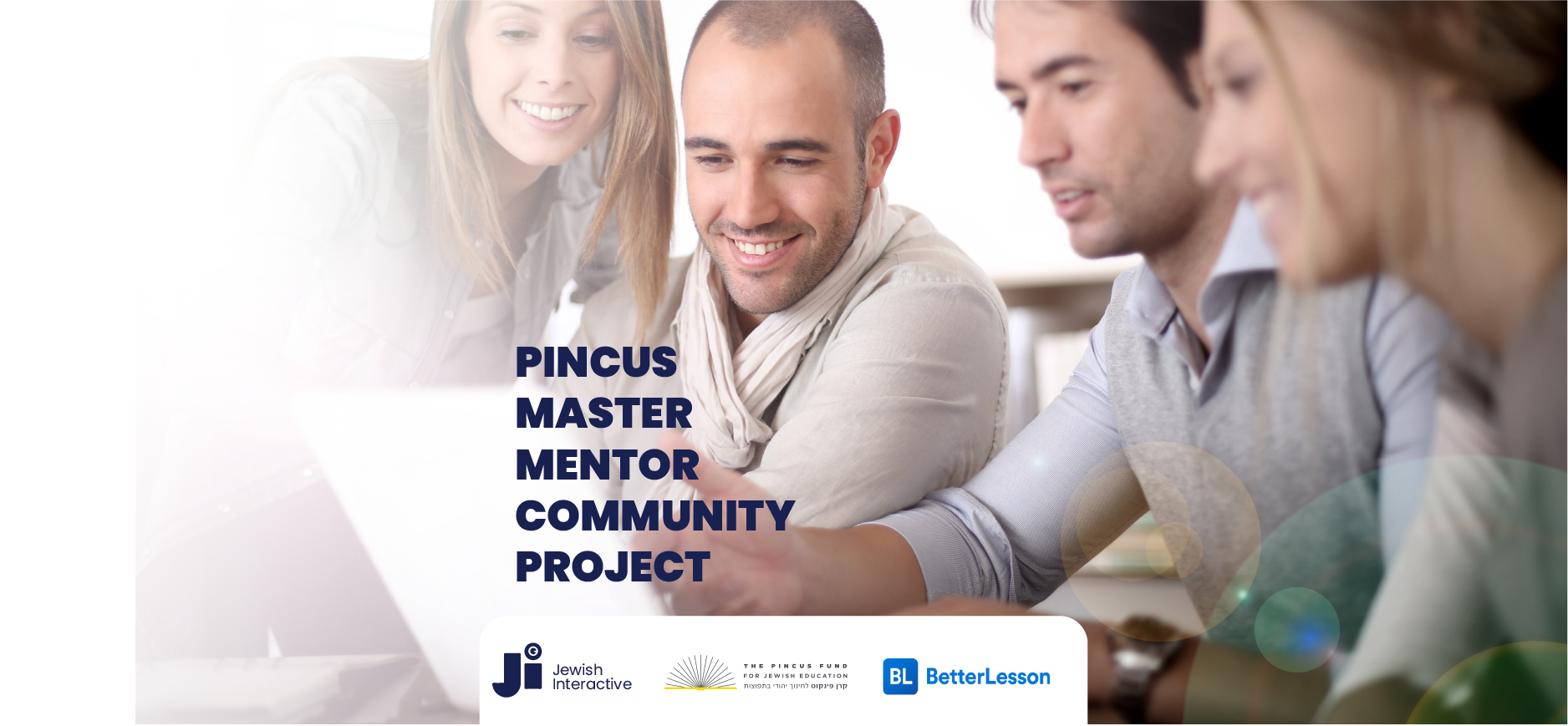
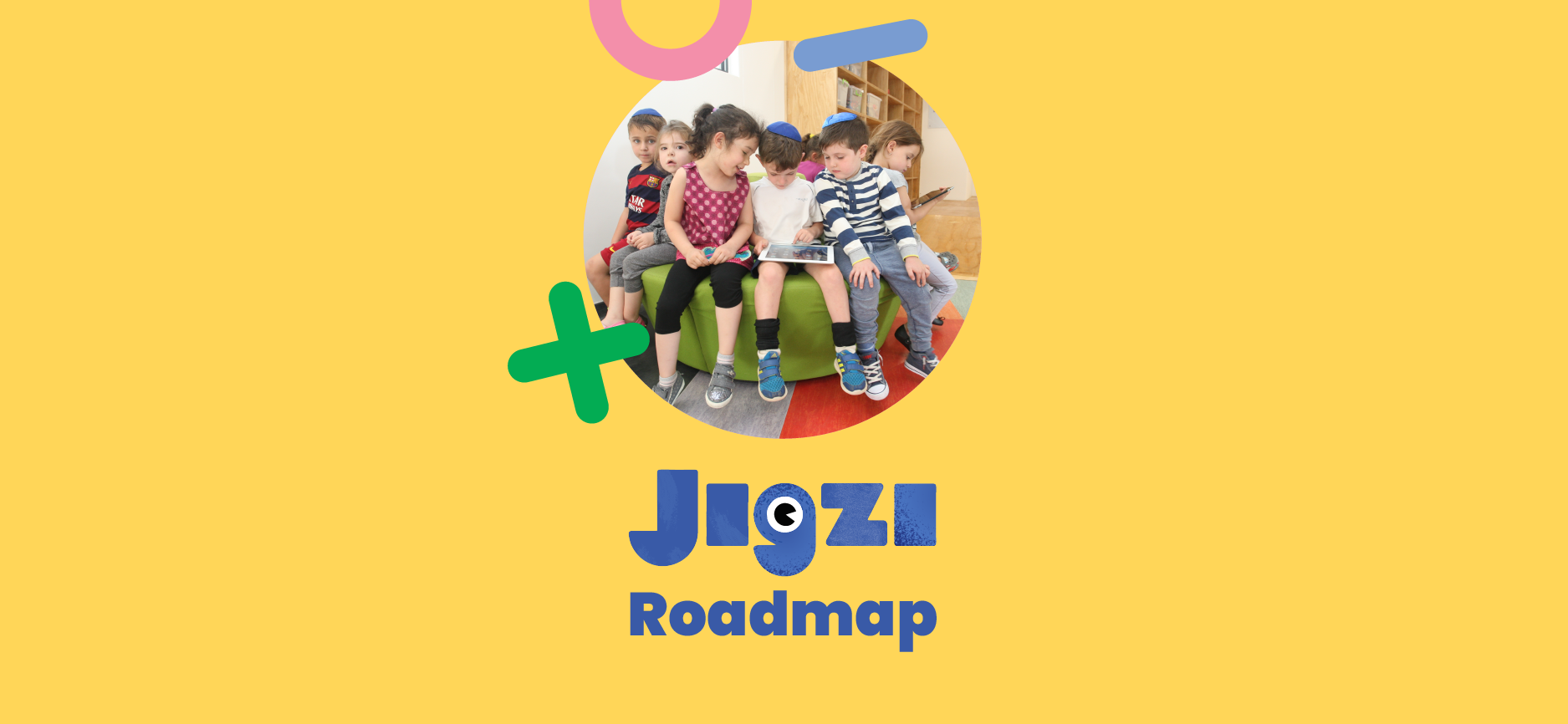
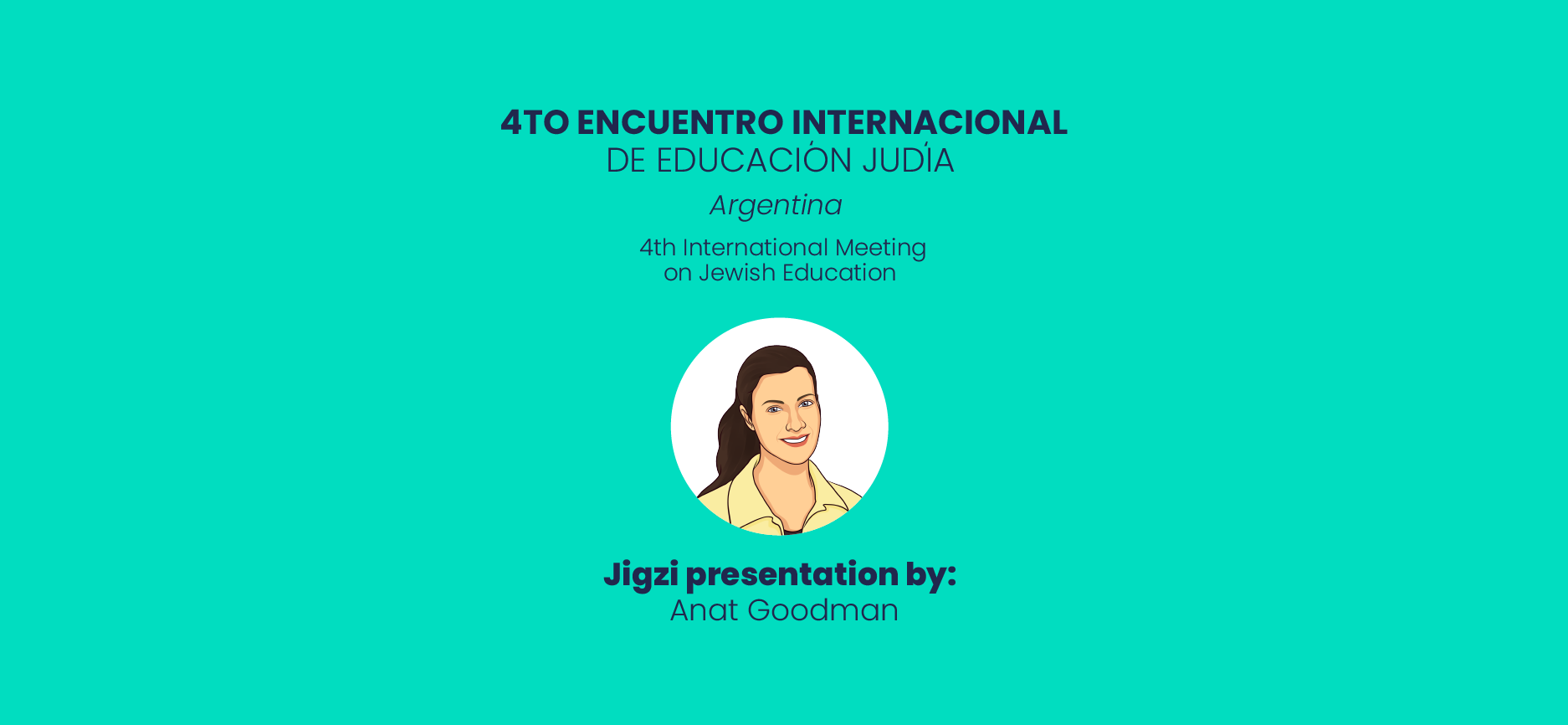
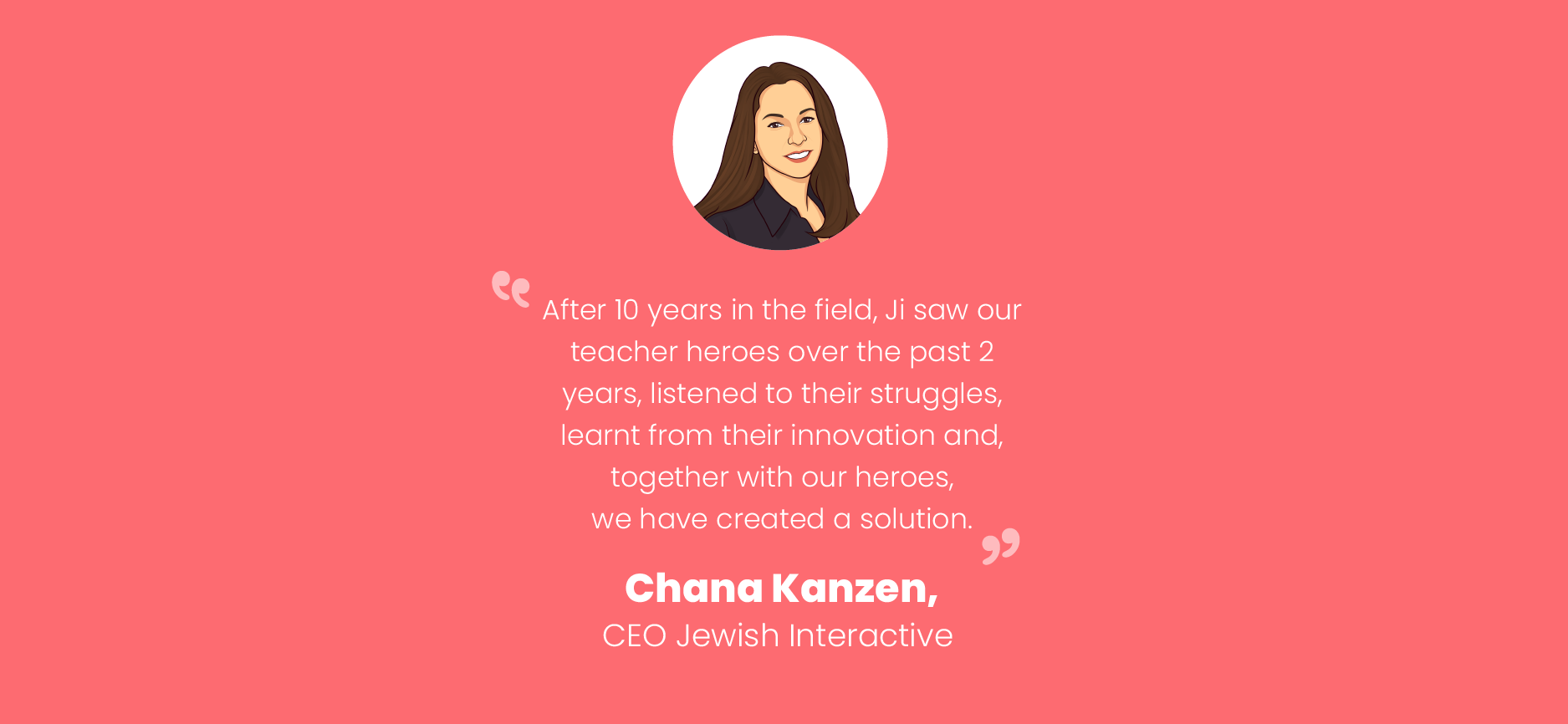
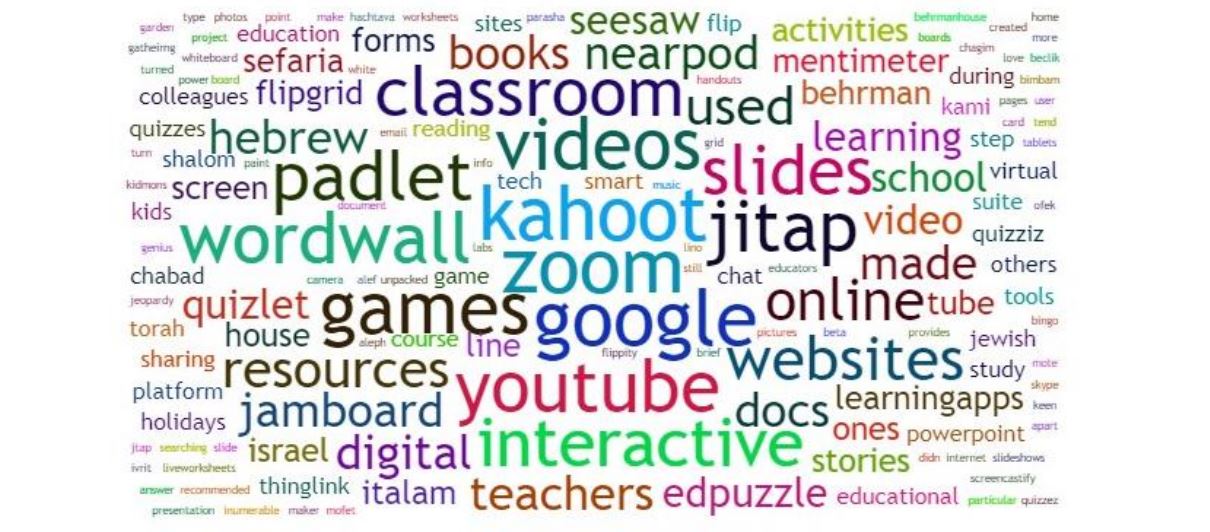
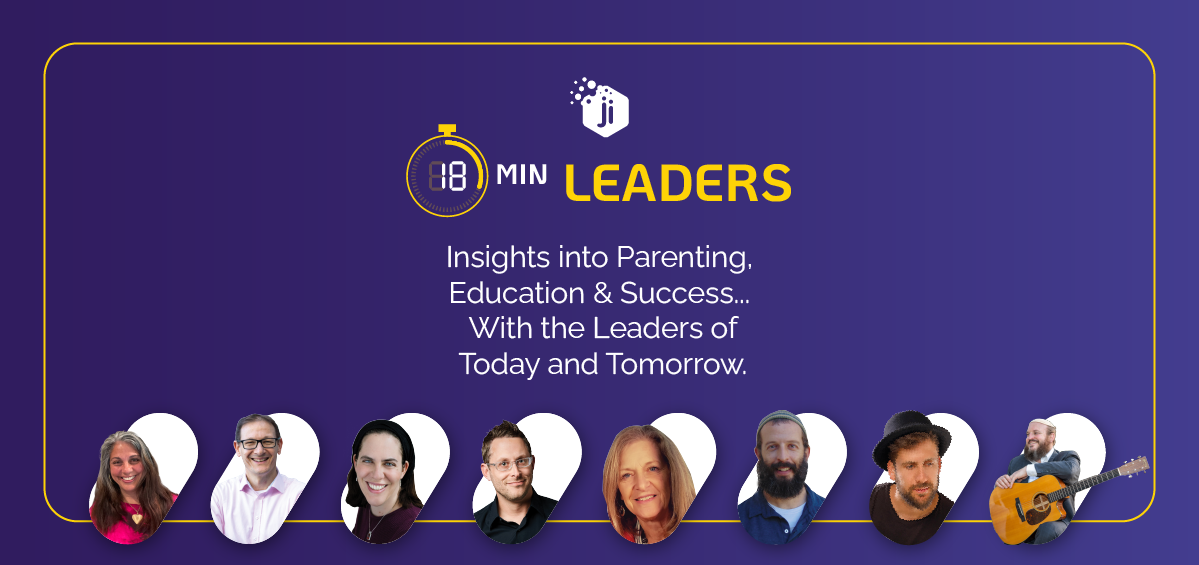

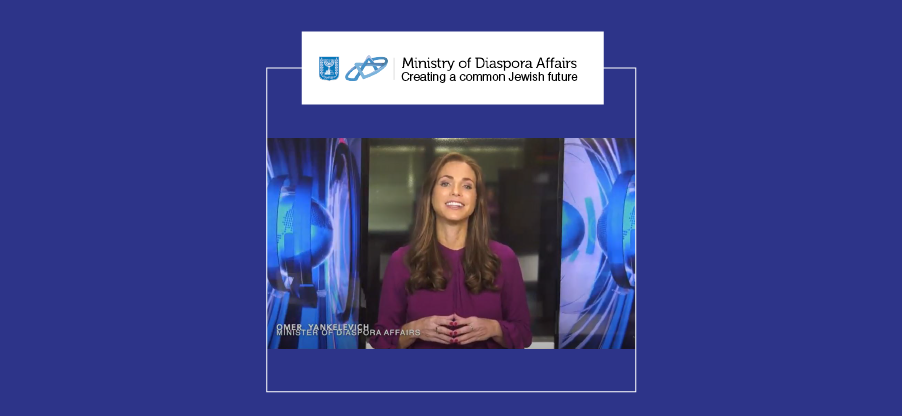



Leave a Comment